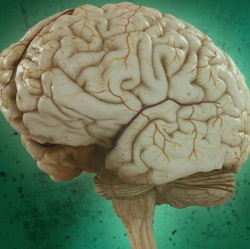
About 35 million people have Alzheimer’s; most of them require expensive, exhausting care. By 2050 that number is expected to triple.
We still don’t really know what causes the disease or how it destroys the brain. There is no way to prevent it and no cure. Dealing with the epidemic will cost trillions.
There is growing evidence that Alzheimer’s is actually a late stage of another disease, type 2 diabetes. The link between the two has been noted for a few years and though it remains a hypothesis, the evidence is growing.
the same research also offers a way to reverse memory problems associated with diabetes – albeit in rats – which may hint at a new treatment for Alzheimer’s.
"Perhaps you should use Alzheimer’s drugs at the diabetes stage to prevent cognitive impairment in the first place," says Ewan McNay from the University at Albany in New York.
At first glance that sounds like bad news. If the Alzheimer’s epidemic is scary, the type 2 diabetes one is truly terrifying. About 270 million people have type 2 diabetes already and their ranks are swelling rapidly – among them adolescents and young adults. If they are destined to progress to Alzheimer’s disease, the future looks bleak.
Or perhaps not. Type 2 diabetes is largely a lifestyle disease, caused by obesity, poor diet and lack of exercise. It can be prevented, alleviated and even cured by lifestyle changes, which holds out the hope that we could start to deal with Alzheimer’s in a similar way.
Experience tells us, of course, that exhorting people to eat better and exercise more often falls on deaf ears. But with obesity rates levelling off in some parts of the world and falling slightly in others, there is some evidence that the message is getting through.
If the link between diabetes and Alzheimer’s is firmed up, there will be even more reason to take heed – and even more reason to keep banging the public health drum. Good news comes in many guises. The possibility that Alzheimer’s is "just" diabetes is one of them.
